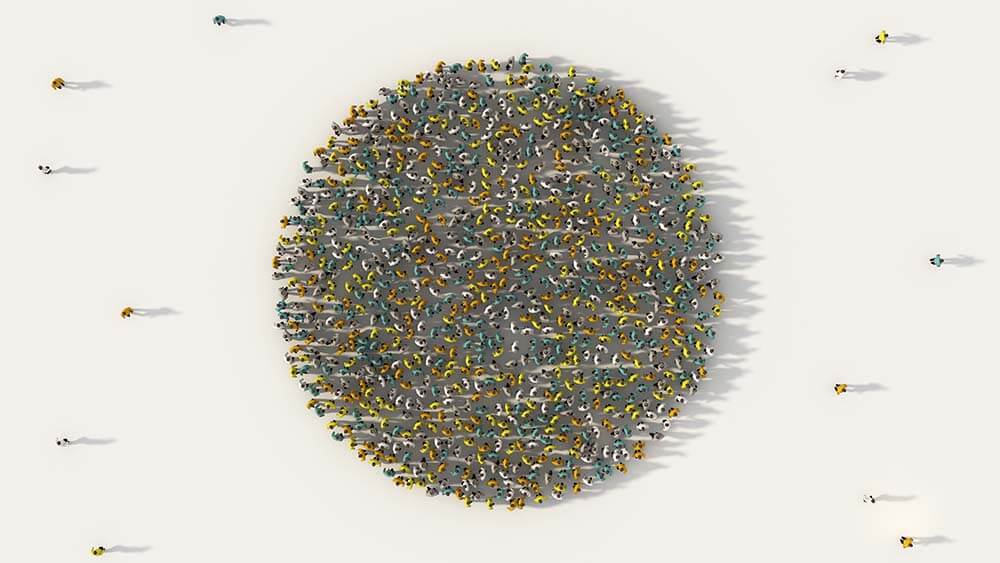
Sherrif Karamat, CAE,
President & CEO, PCMA and CEMA
To mark the third anniversary of World Health Organization’s declaration of a global pandemic, The New York Times asked a panel of public health experts how they would respond if a new pandemic were to appear tomorrow — whether they would or would not recommend measures such as international travel bans, mask and vaccine mandates, or school closures. The experts — academics from leading medical schools and universities and high-ranking government officials — gave often opposite answers.
“Travel bans have rarely stopped the spread of new pathogens,” argued Dr. Jennifer B. Nuzzo, director of the Pandemic Center at Brown University School of Public Health. But they can create a chilling effect on a country’s willingness to diagnose and report cases and hamper the movement of critical supplies, she said. “Travel bans can be an effective public health tool,” countered Dr. Jerome Adams, the 20th U.S. surgeon general. “They can buy time and can save resources and lives.”
The exercise demonstrated that experts with similar goals can come to very different conclusions — and that navigating global emergencies requires more than access to the right information or experience. Managing a pandemic requires collaboration, writes Amanda Ripley, author of High Conflict: Why We Get Trapped and How We Get Out. Ripley doesn’t argue in favor of eliminating conflict, but against the kind of dehumanizing conflict that reduces people to binary groups — us vs. them. We “are all connected,” she writes, “and the central challenge of our time is to create institutions and societies designed for healthy conflict.”
One strategy for creating an environment where healthy conflict can thrive is embedded in contact theory — more than 500 experiments have shown that when people have meaningful interactions with others, they have a harder time caricaturing one another, Ripley writes. “Relationships change us, way more than facts.”
That’s good news for an industry whose purpose is to bring people and ideas together. At PCMA, we have been on a journey to create wider circles for difficult, challenging conversations. In 2020, we created new relationships and connections when we acquired the Corporate Event Marketing Association. Earlier this year, we announced a sustainability-focused partnership with the American Geophysical Union, an alliance with the National Coalition of Black Meeting Professionals, the acquisition of both Event Leadership Institute and U.K.-based Event Marketing Association. PCMA also became the 10th partner of the Exhibitions & Conferences Alliance, the unified advocacy voice of the face-to-face business events industry.
Together, we will collaborate to bring economic and social transformation to the audiences, communities, and bands we serve.
Plane Talk
One example of our partnership with the American Geophysical Union: We worked with them to plan an executive panel session on climate change at PCMA Convening Leaders 2023 in January. During the session, Matthew Huber, Ph.D., a professor of earth, atmospheric, and planetary sciences
at Purdue University, spoke plainly about the power that meeting professionals have in their personal and work lives to make decisions about actions that result in carbon emissions.
As an industry, Huber said, “one of the main things that you have to realize is that you can try and do your job to cut emissions but unless the emissions are due to air travel decrease, you’ll be working around the margins.”

